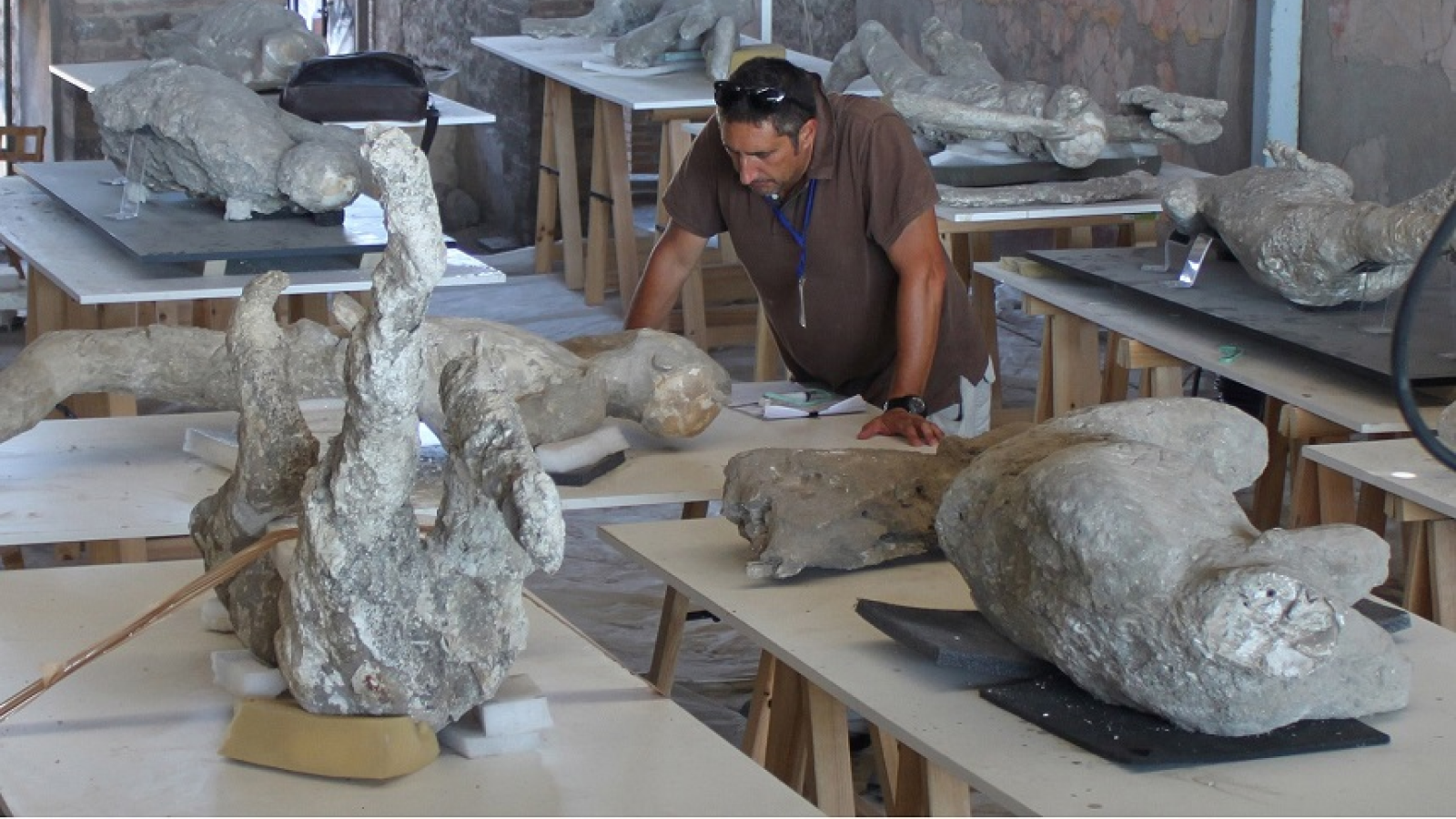Sports Showdown: 11 Politically Charged Olympic Games
Political Statement
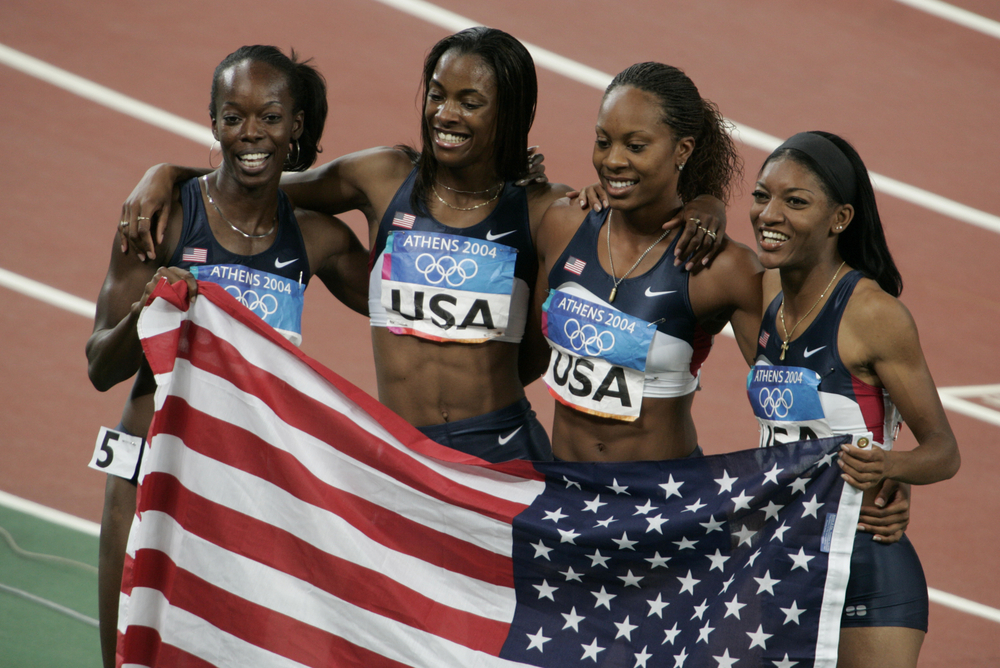
In the 1890s, French aristocrat Pierre de Coubertin proposed reviving a modern version of the ancient Greek Olympic Games as a way to celebrate excellence in sports and to promote peace between nations. Yet, despite de Coubertin's lofty ambitions, the Olympics have always been steeped in politics.
From boycotts and suspensions to a terrifying hostage situation, here are some of the most politically charged Olympic Games.
2014 Winter Olympics – Sochi, Russia
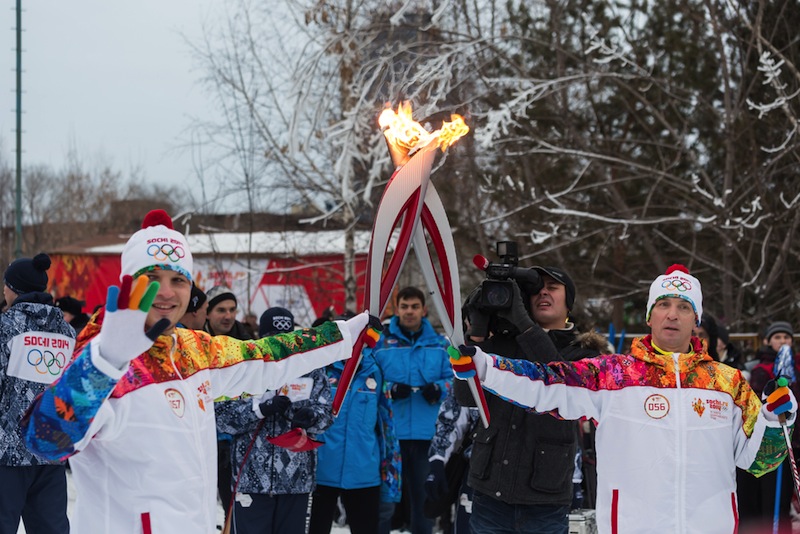
In the buildup to the 2014 Winter Olympics in Sochi, Russia, a number of organizations, including Human Rights Watch, expressed concern over the rights of lesbian, gay, bisexual and transgender (LGBT) people in Russia. Russian laws ban so-called "gay propaganda," which includes open acknowledgement of gay identities and the distribution of materials on LGBT rights.
LGBT advocates have called for a boycott of the Olympic Games, and others have voiced concern over the safety of lesbian, gay, bisexual and transgender athletes.
Other politicians and governments have called into question Russia's record of human rights abuses and violent conflicts, including the 2008 South Ossetia war, which broke out during the 2008 Summer Olympics in Beijing, China. [Photos: 2014 Sochi Winter Olympics and Space Travel]
1916 Summer Olympics
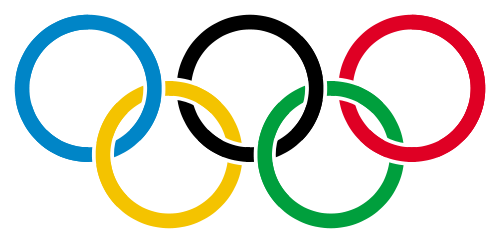
The 1916 Summer Olympics were scheduled to take place in Berlin, Germany, but were eventually canceled due to the outbreak of World War I. The war was fought from July 1914 to November 1918, and more than 9 million combatants were killed.
Berlin would eventually go on to host the Olympic Games in 1936, but the event was highly controversial.
Get the world’s most fascinating discoveries delivered straight to your inbox.
1936 Summer Olympics – Berlin, Germany
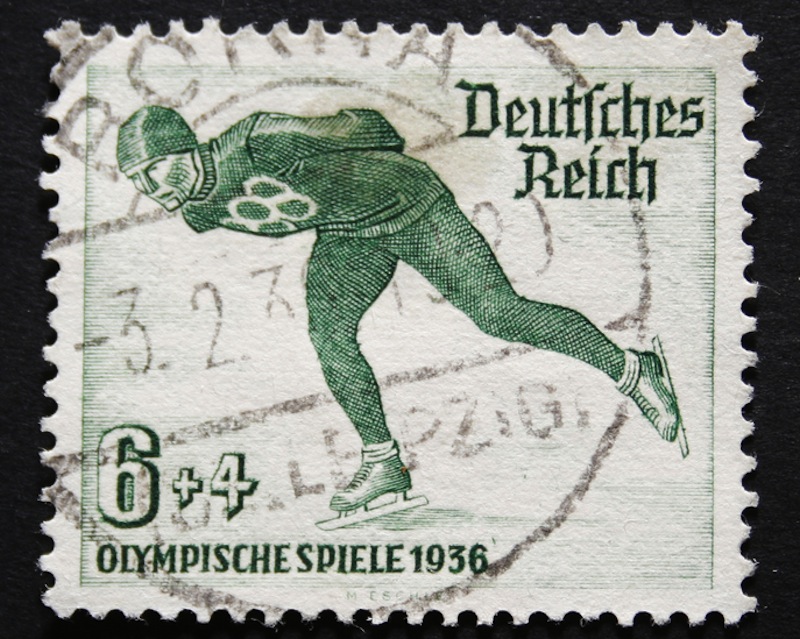
The 1936 Summer Olympics were held in Berlin, Germany, with the Nazi regime playing host to the world's top athletes. Coming in the midst of the Great Depression, the 1936 Summer Games were intended to celebrate the strength of the human spirit, but Adolf Hitler used the Olympics as a platform to promote the Third Reich's beliefs in Aryan racial superiority.
The United States considered boycotting the games, but American athletes ultimately participated in the event. The 1936 Olympics were so full of Nazi propaganda that they are sometimes called the "Nazi Games."
1940 Summer Olympics

The 1940 Summer Olympics were to be held in Tokyo, Japan, but the government cancelled the effort following the outbreak of the Second Sino-Japanese War in 1937.
After Japan pulled out of its hosting duties, the International Olympic Committee selected Helsinki, Finland, to host the event. Helsinki had originally been the runner-up in the bidding process for the 1940 Summer Games.
Yet, trouble continued to plague the Olympics, and the 1939 outbreak of the Winter War between the Soviet Union and Finland prevented the games from being held as planned. Eventually, the Olympics were suspended indefinitely because of World War II, and did not resume until 1948.
1956 Summer Olympics – Melbourne, Australia
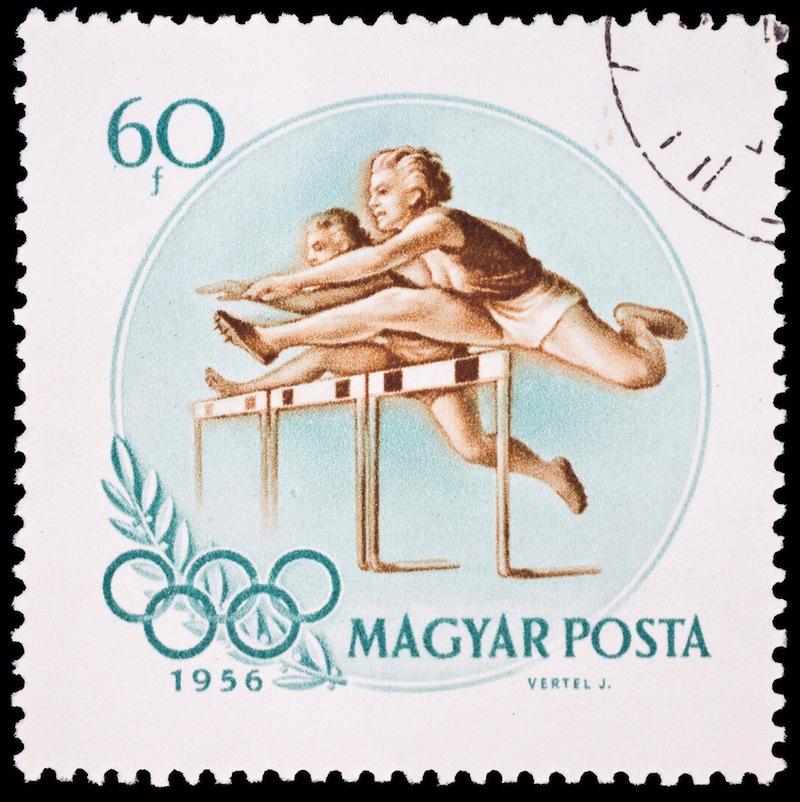
The 1956 Summer Olympics, held in Melbourne, Australia, were politically charged from the start. Egypt, Iraq and Lebanon boycotted the games in response to Israel's invasion of Egypt during the Suez Crisis. The Netherlands, Spain and Switzerland also announced they would not participate in the Summer Olympics due to the Soviet Union's invasion of Hungary in the 1956 Hungarian Revolution.
During the Summer Games, tensions ran high during the men's water polo semifinal between the Soviet Union and Hungary. The players and spectators became increasingly aggressive as the game went on, and police were called in to quell the crowds. The game was so vitriolic it became known as the "Blood in the Water" match.
Just weeks before the 1956 Olympic opening ceremony, the People's Republic of China also announced its boycott of the sporting event, in protest against Taiwanese athletes being allowed to participate.
1964 Summer Olympics – Tokyo, Japan
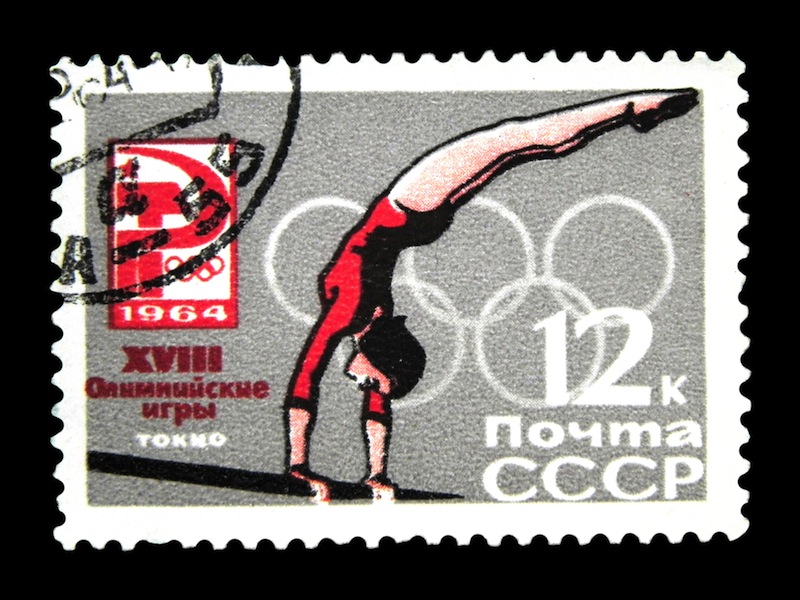
The 1964 Summer Olympics were hosted in Tokyo, Japan, marking the first time the Olympics were held in Asia. South Africa was barred from participating in the 1964 Summer Games because of the country's racist institution of apartheid. The suspension would not be lifted until 1992.
1968 Summer Olympics – Mexico City, Mexico
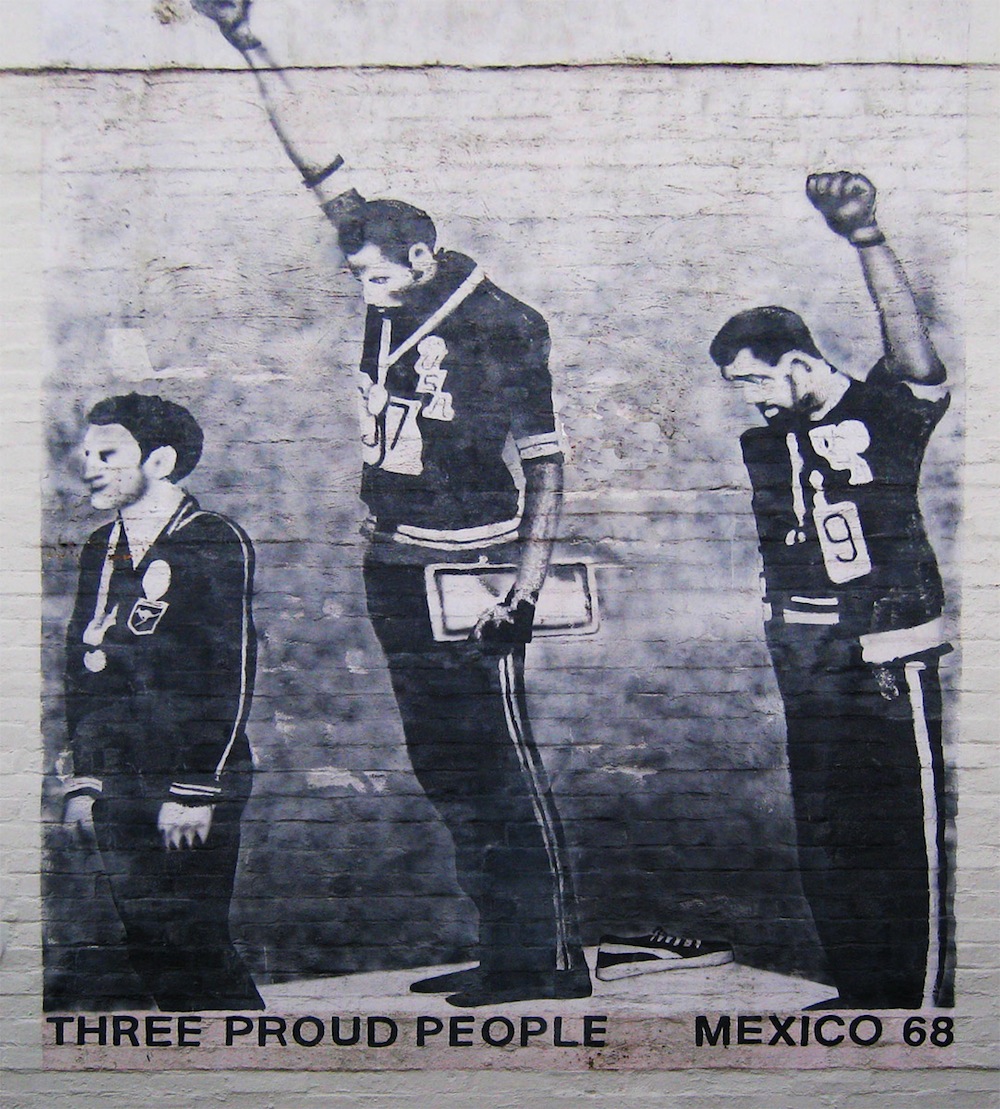
One of the most unforgettable moments from the 1968 Summer Olympics, hosted in Mexico City, was when Tommie Smith and John Carlos, two African-American track & field athletes, performed the Black Power salute during the singing of the United States national anthem. Their raised fists symbolized solidarity in the international fight for human rights.
Smith and Carlos — who won the gold and bronze medals, respectively, in the 200-meter race — stirred up controversy with their political statement, but the salute remains one of the most symbolic moments from the American Civil Rights Movement.
1972 Summer Olympics – Munich, West Germany
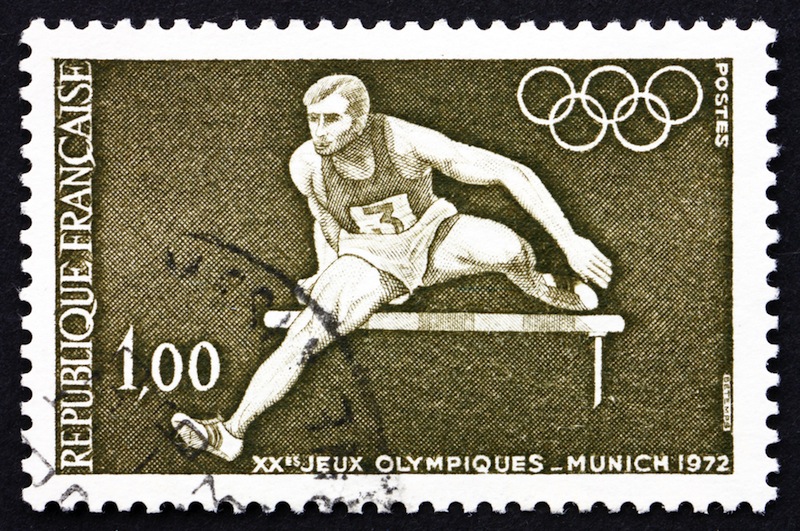
One of the most tragic moments in the history of the Olympic Games occurred 10 days into the 1972 Summer Olympics in Munich, West Germany. Eight Palestinian militants, part of the Black September terrorist group, broke into the Olympic Village and took 11 members of the Israeli Olympic team hostage.
The terrorists demanded the release of 234 prisoners held in Israeli jails, and two members of a German left-wing militant group, who were being held in German prisons. In total, the terrorists killed 11 athletes, coaches and judges over the course of the standoff, which lasted nearly 18 hours. Five of the eight attackers were also killed during a botched rescue attempt. The Olympics were suspended after the initial attack, but after the so-called Munich Massacre concluded, the president of the International Olympic Committee declared that "the Games must go on."
1976 Summer Olympics – Montreal, Canada
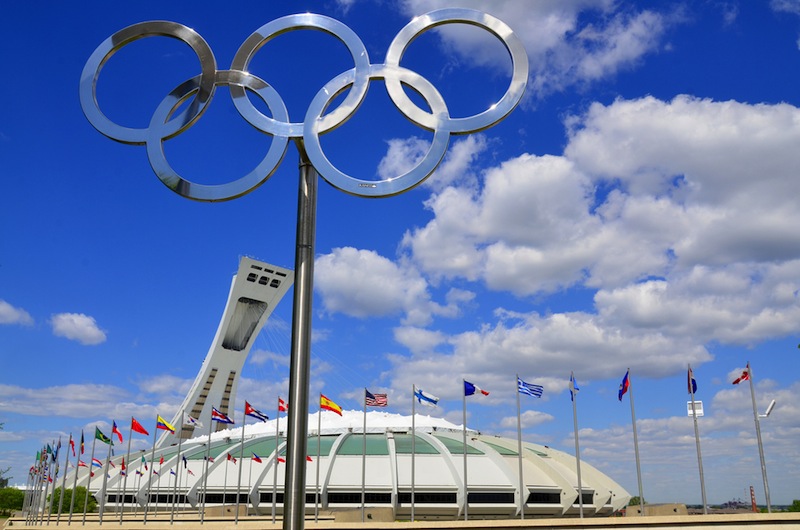
At the 1976 Summer Olympics in Montreal, Canada, 28 nations, led by Congo, boycotted the games after the International Olympic Committee refused to ban New Zealand from participating. Earlier in the year, New Zealand's national rugby union team toured South Africa in a move that was largely seen as support for the country's brutal apartheid regime.
1980 Summer Olympics – Moscow, Soviet Union
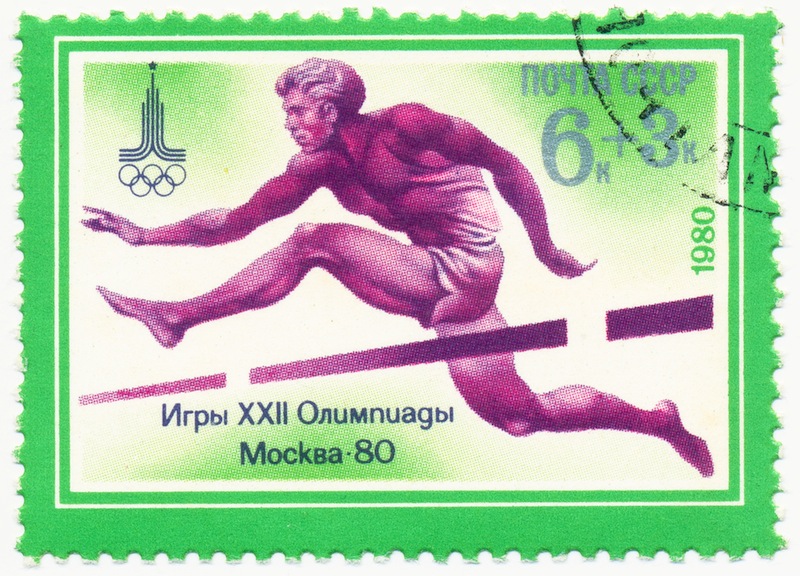
The 1980 Summer Olympics were held in Moscow in the former Soviet Union. To protest the Soviet invasion of Afghanistan in December 1979, U.S. President Jimmy Carter led a boycott of the Olympic Games. More than 60 countries followed suit and pulled out of the games.
Eighty countries went on to compete in the 1980 Summer Olympics, which was the lowest number of participants since the 1960 Rome Games, which also featured 80 participating nations.

Denise Chow was the assistant managing editor at Live Science before moving to NBC News as a science reporter, where she focuses on general science and climate change. Before joining the Live Science team in 2013, she spent two years as a staff writer for Space.com, writing about rocket launches and covering NASA's final three space shuttle missions. A Canadian transplant, Denise has a bachelor's degree from the University of Toronto, and a master's degree in journalism from New York University.


